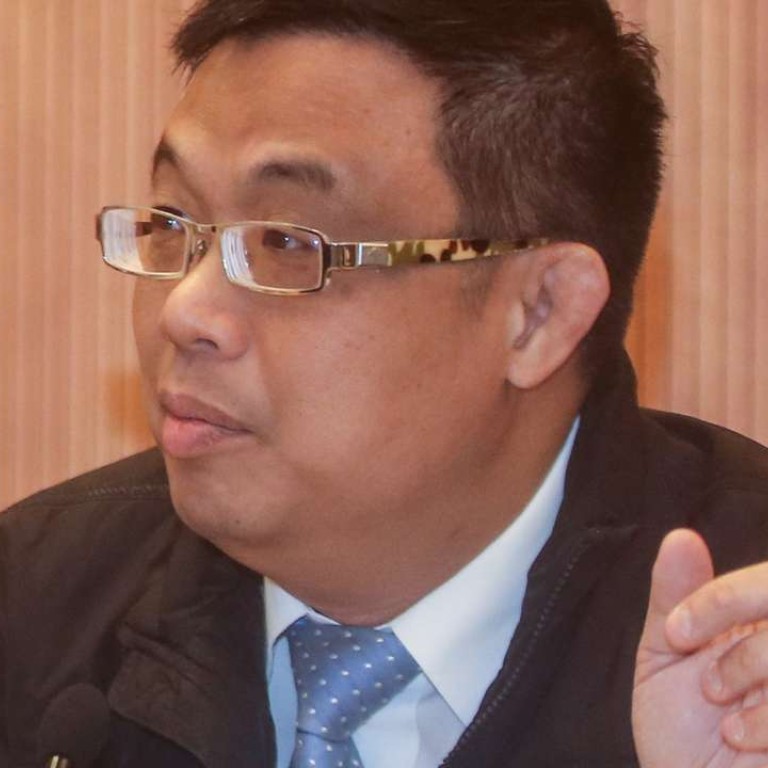
Hong Kong proposes tougher laws to deal with international terrorist threat
New rules would fast track seizing of suspects’ assets, but lawmaker warns of grey areas and calls for greater clarification
Hong Kong is seeking to catch up with tougher international anti-terrorism rules with the government proposing legislative amendments to fast track the freezing of terror suspects’ assets by avoiding lengthy notification procedures.
However, veteran Democratic Party lawmaker and security monitor James To Kun-sun warned on Thursday of “the devil in the details” as he argued that without clearly defined terms there could be hidden grey areas leading to unrelated parties being incriminated.
Under the proposed changes to the United Nations (Anti-Terrorism Measures) Ordinance, any person or entity would be prohibited from dealing with assets owned by a terrorist or terrorist’s associate once they are gazetted under the law, unless they are under the authority of a licence granted by the city’s security minister.
A Security Bureau spokesman said at present the secretary for security would need to issue a written notice about freezing a terror suspect’s property if he wanted to ban anyone from dealing with the assets.
“Under the amendment, no notice is required and the terrorist’s property will be automatically frozen once the terrorist, the associate and the property are named in the gazette,” he said.
The gazetted name list will follow the one designated by the Committee of the UN Security Council. Hong Kong’s chief executive also has the right to apply to the court to identify people as terrorists under reasonable grounds, although no such request has been made or notice issued since the law came into effect.
Other proposed changes include prohibiting a person from leaving Hong Kong, or entering another state for terrorism purposes, and stopping the provision or collection of property for terrorist financing and the travel of individuals for the purpose of terrorism.
Helping individuals travel to other countries for terrorism purposes will also be forbidden. The amendments, outlined in a government paper, will be discussed by the Legislative Council’s security panel on January 3.
The proposals were introduced under Beijing’s instructions for Hong Kong to implement a resolution by the UN Security Council in 2014 and also the latest recommendations of the Financial Action Task Force against terrorist financing.
To said the government should clearly define terms such as “terrorism purposes” or “terrorist” and whether they would incorporate the mainland’s definitions. “What constitutes ‘terrorist training’? Will a religious conference be regarded as terrorist training?”


